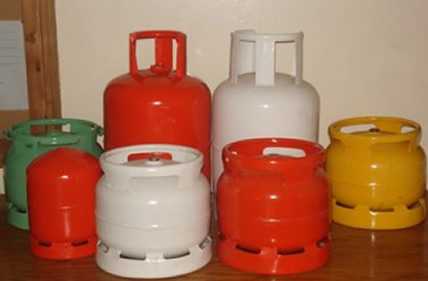Tougher times awaits gas consumers, as marketers have hinted that prices will go up from next week.
The President of the Nigerian Association of Liquefied Petroleum Gas Marketers, Olatunbosun Oladapo, said gas consumers should brace themselves for price hikes starting next week. He cited rising international prices, high tax rates and prices of vessels, forex scarcity, and naira devaluation as some of the reasons for the intended price review.
“It is starting next week because international prices have gone up. The prices of vessels have gone up and taxes are high, but consumers are not earning more.
“Their purchasing power has gone down. Everybody is crying. Consumers, middlemen, and retailers are feeling the impact because business is now on the low side,” he said. Olatunbosun described the imminent price increment as unfortunate.
“The situation is very unfortunate because prices are going higher. Nigerian consumers are passing through very difficult times because they can no longer afford gas,” he added.
According to him, consumers are now returning to firewood, charcoal, and sawdust for cooking.
“The government should come in and alleviate the suffering of the masses by providing palliatives, reducing taxes and levies. “You can imagine that for every 1kg of gas priced at N700, tax would take way N3.50. How much is left in such a business?” he continued.
He urged the government to tax profit and not products because consumers were not buying gas anymore.
“Local taxes are worsening the problem,” he said, calling on marketers who had the opportunity to buy products locally to fix prices with “consumers’ sympathy” in mind.
His reaction came on the heels of findings by The PUNCH that vessel scarcity in the international market would push up local prices of Liquified Natural Gas, also known as cooking gas in the coming months.
Vessel scarcity in the international market has led to charter rate hikes, ahead of the 2023 winter, when demand for heating fuel peaks.
As of August 1, 2023, charter rates surged to $284,750 per day for November and $206,750/day for October, quadrupling the current price of $70,500/day, according to data from Spark Commodities quoted by Bloomberg.
“Tanker supplies are increasingly tight because traders are using the ships as floating storage in a bet that LNG prices will rise as the weather turns colder.
